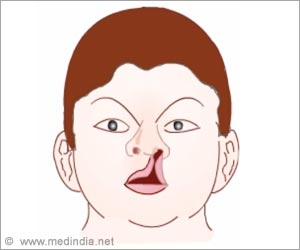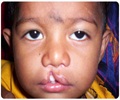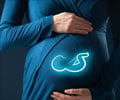A higher dose of topiramate during the first three months of pregnancy may increase a baby's risk of cleft lip or cleft palate.
- A higher dose of topiramate during first trimester of pregnancy may increase a baby’s risk of cleft lip or cleft palate.
- Pregnant women who took topiramate had three times greater risk of having a baby with cleft lip or palate.
- Women with epilepsy on topiramate had eight times greater risk of giving birth to a baby with cleft lip or cleft palate.
Study Overview
The study, using Medicaid data, identified about 1.4 million women who gave birth over a 10-year period. Among them, women who filled a prescription for topiramate during their first trimester were compared with women who did not fill a prescription for any anti-seizure drug. Women who filled a prescription for topiramate were also compared to women who filled a prescription for lamotrigine, another anti-seizure drug.- Pregnancies in the topiramate group: 2,425
- Pregnancies in the lamotrigine group: 2,796
- Pregnancies in the group not taking anti-seizure drugs: 1.3 million
Study findings
Number of babies born with cleft lip or palate in each group:- The group that did not take anti-seizure drugs: 1,501 babies or a risk of 1.1 per 1,000 babies.
- The group that took topiramate: 4.1 per 1,000 babies
- The group that took lamotrigine: 1.5 per 1,000 babies
Women with epilepsy required a higher dose of the drug than women who took the same drug for other conditions. While the average daily dose for women with epilepsy was 200 milligrams, the average dosage for women without epilepsy was 100 milligrams. This further suggests that higher doses of the drug were a major factor for the increased risk of giving birth to babies with cleft lip or palate.
"Our results suggest that women with epilepsy on topiramate have the highest relative risk of giving birth to a baby with cleft lip or cleft palate, likely due to the higher doses of topiramate when used for controlling seizures," said Hernandez-Diaz. "The best course may be to avoid prescribing high doses of topiramate to women of childbearing age unless the benefits clearly outweigh the risks."
Source-Medindia













